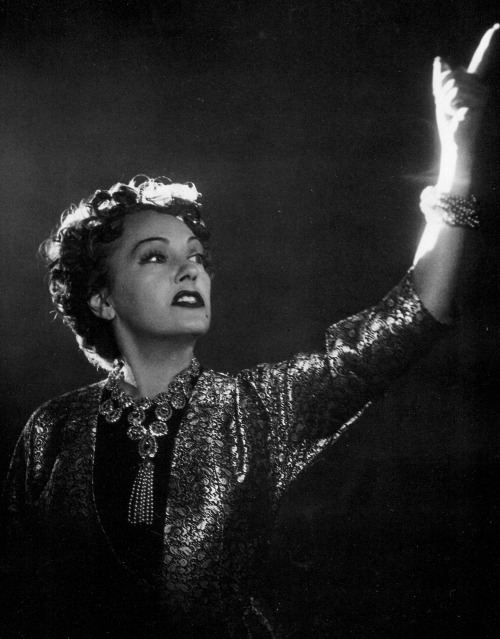Critic: John Swift
The film industry was built on its creation of strong imagery in black and white during its classic era. Here are four noteworthy black and white classic films to consider:
Sunset Boulevard (1950) is the Hollywood cinema’s most eloquent commentary on, and perhaps condemnation of itself, written and directed by Billy Wilder. It illustrates some of the points made in Kabuki’s essay posted earlier. The film is a series of eloquent images, from the dilapidated Hollywood Mansion to the deteriorated aging silent film star herself, played by Gloria Swanson, to the grand pre-depression limousine, that graphically demonstrate the egotistical mania of the stars, the ruthlessness of the industry and the fruits of the industry’s unbridled selfishness.
Philadelphia Story (1940) shines with Jimmy Stewart, Cary Grant and Katharine Hepburn. Hepburn plays a snobby, smart aleck tough woman from the Philadelphia Main Line attempting to remarry after her divorce from Cary Grant’s character. It does not detract from this wonderful film that Hepburn adopted this character as her persona in real life and carried it on for decades, alienating most fans. The film is tight, extremely well written and directed by George Cukor, allowing all three stars to count this as their best film.
The Gay Divorcee, (1934), the classic depression era musical comedy, is the quintessential Fred Astaire - Ginger Rodgers film, with crisp writing and a twisted plot that keeps you laughing even when you are not mesmerized by Astaire and Rodgers’ fluid dancing, complex black and white images on the screen of hundreds of dancing bodies, or the romantic Cole Porter song the film introduced, “Night and Day.” The complex comedy is based on misidentification of Astaire’s playboy character as a timid English divorce lawyer played by classic character actor Edward Everett Horton. It is a comedy of errors worthy of Shakespeare himself!
Goodbye, Mr. Chips, (1939) a film which should be given to every teacher as he or she graduates from college, Robert Donat plays a Latin teacher at an English boarding school. His performance, and that of his wife, Greer Garson, illustrates the selfless devotion of good teachers to their students, and the emotional bond that lasts a lifetime. The film is an eloquent anti-war English film made on the brink of England’s being drawn into the catastrophe of World War II.

